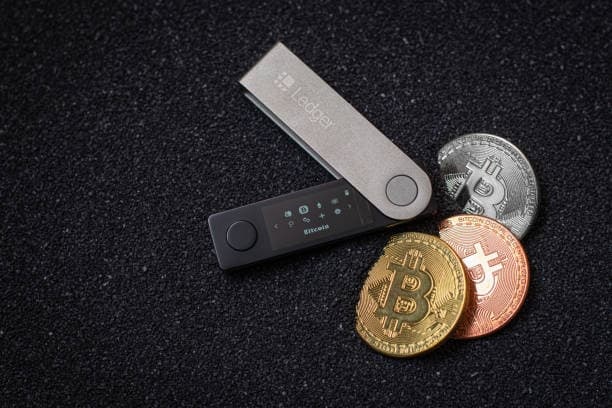You know, when the economy gets all shaky and we’re all like, ‘What’s going on?’, people start looking for something to hold onto that won’t break. That’s where Bitcoin comes in, right? It’s like that shiny new toy that everyone wants to play with because it promises to be different from the old, creaky financial system. But is it really the safe haven we’re all looking for when the economy goes south? Let’s dive into the world of Bitcoin and see if it’s the lifeboat we need or just another leaky vessel.
First off, let’s talk about what Bitcoin is. It’s not just some digital fad; it’s a whole new way of thinking about money. It’s decentralized, meaning no single government or bank can control it. That’s a big deal, especially when you’re looking for a safe place to park your cash during an economic crisis. Traditional assets like stocks and bonds can be volatile, and they’re often tied to the very systems that are causing the crisis in the first place. Bitcoin, on the other hand, is built on a technology called blockchain, which is all about security and transparency. It’s like having a ledger that everyone can see but no one can tamper with.
Now, let’s chat about why Bitcoin might be attractive during an economic crisis. It’s not backed by any government, which means it’s not subject to the same inflation and devaluation risks as traditional currencies. When a country prints more money, the value of that money goes down, right? But with Bitcoin, there’s a capped supply, so it can’t be inflated away. This scarcity makes it potentially more stable in the long run, especially when traditional currencies are floundering.
But here’s the thing, Bitcoin’s price can be super volatile. You might think it’s a safe haven, but it can swing wildly in value from one day to the next. This volatility is part of what makes it attractive to some investors – the potential for high returns. But for those looking for a safe haven, this price turbulence can be a major turn-off. It’s like riding a roller coaster; it’s fun if you’re into that kind of thing, but not so much if you want a smooth, steady ride.
Another aspect to consider is Bitcoin’s correlation with traditional markets. In the past, Bitcoin has often moved independently of stocks and bonds, which could be a good thing during a crisis. If the stock market tanks, and Bitcoin is still holding its value, it could be a lifeline for some investors. However, recent studies suggest that Bitcoin’s correlation with traditional markets is increasing. This means that in a severe economic downturn, Bitcoin might not be the safe haven it once was. It might just go down with the rest of the markets.
Let’s not forget about the regulatory environment. Governments around the world are starting to take a closer look at btc and cryptocurrencies in general. This increased scrutiny could lead to more regulations, which might impact Bitcoin’s price and its ability to act as a safe haven. After all, if a government decides to crack down on Bitcoin, it could lose some of its appeal as an unregulated, decentralized asset.
Now, let’s talk about the practical side of things. Bitcoin transactions are irreversible, which can be a double-edged sword. On one hand, it means you can’t get scammed or have a transaction reversed without your consent. On the other hand, if you make a mistake or if someone hacks your account, you’re out of luck. This permanence can be a bit scary, especially when you’re dealing with large amounts of money.
And what about accessibility? Bitcoin is still not as widely accepted as traditional currencies. While more and more businesses are starting to accept it, it’s still not your go-to for everyday transactions. This limited acceptance can make it less practical as a safe haven, especially if you need to convert it back into fiat currency quickly.
Finally, let’s consider the environmental impact. Bitcoin mining, which is how new coins are created and transactions are verified, uses a massive amount of energy. This has led to concerns about its carbon footprint and sustainability. If you’re looking for a safe haven that also aligns with your environmental values, Bitcoin might not be the best choice.
In conclusion, Bitcoin has some qualities that make it an attractive option during an economic crisis. Its decentralized nature, capped supply, and potential for independence from traditional markets can offer a sense of security. However, its volatility, increasing correlation with traditional markets, regulatory risks, irreversibility, limited acceptance, and environmental concerns also make it a less than ideal safe haven for many. It’s a complex asset that requires a careful evaluation of both its potential benefits and drawbacks before deciding to make it a part of your financial lifeboat during a stormy economic climate.

